Somerfield is a high street supermarket with an emphasis on fresh foods and convenience shopping. As part of a refresh of Somerfield’s strategy, a new graduate program was developed to bring fresh talent into the business. A previous program had failed to retain graduates and the HR team knew they needed the new program to be a success.
Sharon Collier, Head of People Development, said, “I knew we needed to do something different, and modelling was something we hadn’t done before, so I wanted to try it. Because it was something new, I knew I had to use somebody that I trusted, not only in the technique but somebody I trusted to come into the organisation.”
Somerfield’s graduates are recruited into three areas of the business; Retail, Buying and Finance, and whilst the roles are different, the criteria applied for choosing high performing role models were that they are all performing consistently well against the KPIs for their roles.
Some of the findings from the modelling research confirmed what the HR team at Somerfield knew intuitively but had not been able to quantify, whilst other findings were a surprise, such as the beliefs and motivations of store managers, the curiosity of finance analysts in the way that they build a mental image of store activity and the way that buyers make product decisions.
Sharon said that the modelling project, “Definitely (made a difference) and that’s been validated by their performance within their roles. The indications are incredibly positive, and the buyers are on track to be signed off ahead of their 12 month training program, so we are fast tracking them quicker than we had expected.”
Some of the buying graduates will be signed off by the business in 9 months instead of 12, which has a direct impact on the financial performance of the program.
Sharon added, “The applications of this are limitless, you could apply this in any situation, or anywhere that you’d want an individual to learn a new skill and get up to speed as fast as possible. Within this organisation I can see we could use it in our Regional Manager’s training, we could use it with the high potentials in the organisation, I think where it has the greatest benefits is where we would struggle to articulate exactly what it is that we want them to do differently and we’re saying “I just want you just to be like Polly because Polly’s really good” or where I’ve got somebody coming to me and saying “I want ten Pollys in my department” I think that’s where this really comes into its own. The results are really fascinating so it made it really easy to do something with the modelling because it was so interesting.
One of the problems we’ve had in the past is how we retain graduates, and they are all without exception being highly rated within their functions so that will be a massive achievement.”
